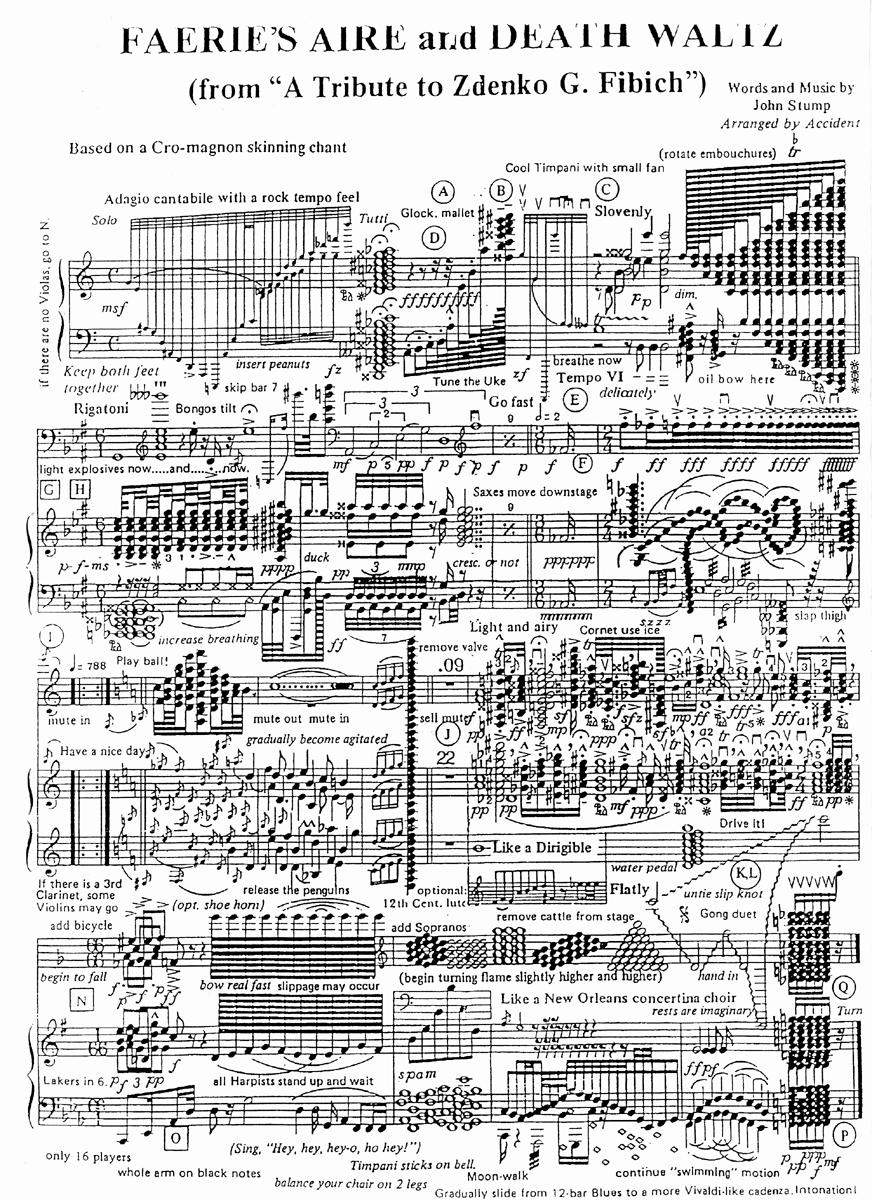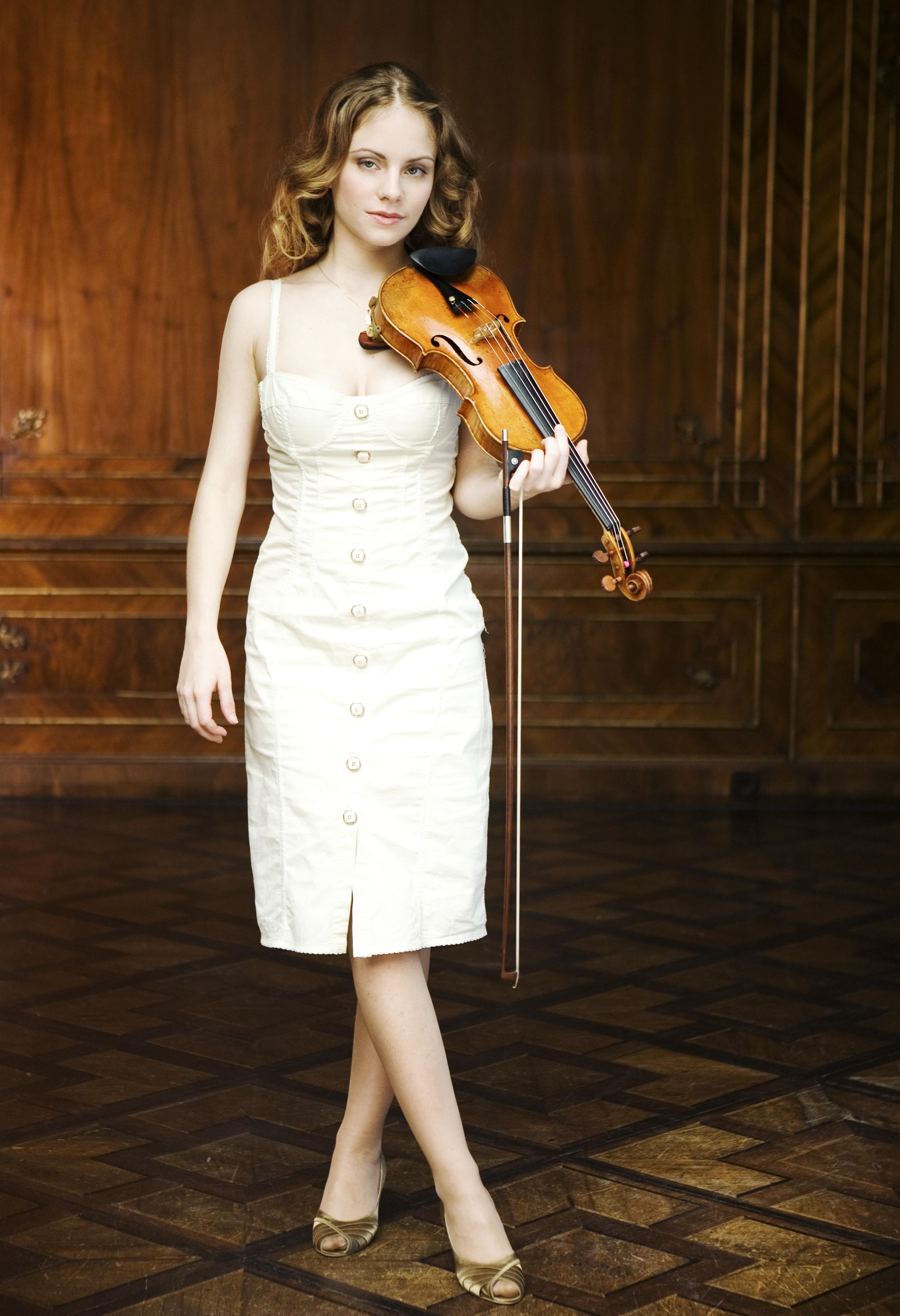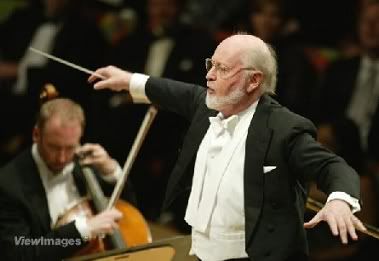Itzhak Perlman
Israeli violin virtuoso, conductor, and master-instructor. He is widely considered as one of the preeminent violin virtuosi of the 20th century.
Perlman was born in Tel Aviv, in what was soon to be Israel, where he first became interested in the violin after hearing a classical music performance on the radio. He studied at the Academy of Music in Tel Aviv before moving to the United States to study at the Juilliard School with the great violin pedagogue, Ivan Galamian, and his assistant Dorothy DeLay.
Perlman contracted polio at the age of four. He made a good recovery, learning to walk with the use of crutches. Today, he generally uses crutches or an Amigo POV/Scooter for mobility and plays the violin while seated.
Joshua Bell
is an American Grammy Award-winning violinist.
Selected Discography
- Angels & Demons Original Motion Picture Soundtrack, 2009
- Joshua Bell, featured violinist
- Music composed by Hans Zimmer
- Antonio Vivaldi: The Four Seasons, Sony BMG Masterworks, 2008
- Defiance OST, 2008
- The Red Violin Concerto, Sony BMG Masterworks, 2007
Hilary Hahn
Hahn began playing the violin one month before her fourth birthday in the Suzuki Program of Baltimore's Peabody Conservatory
She participated in a Suzuki class for a year. Between 1984 and 1989 Hahn studied in Baltimore under Klara Berkovich. In 1990, at ten, Hahn was admitted to the Curtis Institute of Music in Philadelphia where she became a student of Jascha Brodsky. Hahn studied with Brodsky for seven years and learned the études of Kreutzer, Ševčík, Gaviniès, Rode, and the Paganini Caprices. She learned twenty-eight violin concertos, recital programs, and several other short pieces.
 Janine Jansen
Janine Jansen
is a classical violinist born in January 7, 1978
in Soest in the Netherlands.
She has eschewed tradition by recording with only 5 solo strings rather than an orchestra, including her brother as cellist and father playing continuo. In live concerts, she has received standing ovations from enthusiastic audiences, such as in the Berlin Philharmonic Orchestra 2006 concert in Berlin's
Waldbühne Amphitheater, with a full attendance of 25,000, and in Los Angeles at the Walt Disney Concert Hall with the Los Angeles Philharmonic Orchestra in 2008 to a sold out audience.
Sarah Chang
Chang has performed with the Los Angeles Philharmonic, the NHK Symphony Orchestra of Tokyo, the Hong Kong Philharmonic Orchestra, the Bayerische Rundfunk Orchestra, the Washington National Symphony Orchestra, the Oslo Philharmonic, the Pittsburgh Symphony Orchestra, the Melbourne Symphony, Orchestre de la Suisse Romande, Orchestre Philharmonique de Luxembourg, the San Francisco Symphony Orchestra, the Orchestre National de France, the Honolulu Symphony, and the Netherlands Radio Philharmonic Orchestra amongst others.
Viktoria Mullova
is a Russian violinist. She is best known for her performances and recordings of a number of violin concerti, compositions by J.S. Bach, and her innovative interpretations of popular and jazz compositions by Miles Davis, Duke Ellington, The Beatles, and others.
Maxim Vengerov
Born on 20 August 1974 in Novosibirsk, Russia, to a family with musical tradition. At the age of 5, he began studying the violin with Galina Tourkhaninova, and two years later – with Zakhar Bron. 1984 saw the 10-year-old Maxim go abroad for the first time; in Lublin, Poland, he won the 1st prize at International Karol Lipiński and Henryk Wieniawski Young Violin Player Competition (years later, he recalled, "I thought Poland was somewhere at the end of the world. One does not forget such trips; no wonder I always remember Poland very fondly…").
Julia Fischer
born in Munich, Germany.
Fischer began her studies before her fourth birthday, when she received her first violin lesson from Helge Thelen; a few months later she started studying the piano with her mother, Viera Fischer. Fischer said, "my mother's a pianist and I wanted to play the piano as well, but as my elder brother also played the piano, she thought it would be nice to have another instrument in the family. I agreed to try out the violin and stayed with it."
She began her formal violin education at the Leopold Mozart Conservatory in Augsburg, under the tutelage of Lydia Dubrowskaya. At the age of nine Julia Fischer was admitted to the Munich Academy of Music, where she continues to work with Ana Chumachenco.
Anne Sophie Mutter
Mutter was born in Rheinfelden, Germany. She began playing the piano at age five, and shortly afterwards the violin, studying with Erna Honigberger, a pupil of Carl Flesch. Upon Honigberger's death, she continued her studies with Aida Stucki, at the Winterthur Conservatory.
After winning several prizes, she was exempted from school to dedicate herself to her art. When she was 13, conductor Herbert von Karajan invited her to play with the Berlin Philharmonic. In 1977, she made her debut at the Salzburg Festival and with the English Chamber Orchestra under Daniel Barenboim. At 15, Mutter made her first recording of the Mozart Third and Fifth violin concerti with von Karajan and the Berlin Philharmonic.
Midori Goto
is a Japanese American violinist. She made her debut at the age of 11 in a last minute change of programming during a concert by the New York Philharmonic under Zubin Mehta highlighting young performers. When she was 21, she formed the philanthropic group Midori and Friends to help bring music to children in New York City. She is internationally renowned as a performer.
In 2007, she was selected as a UN Messenger of Peace.




























